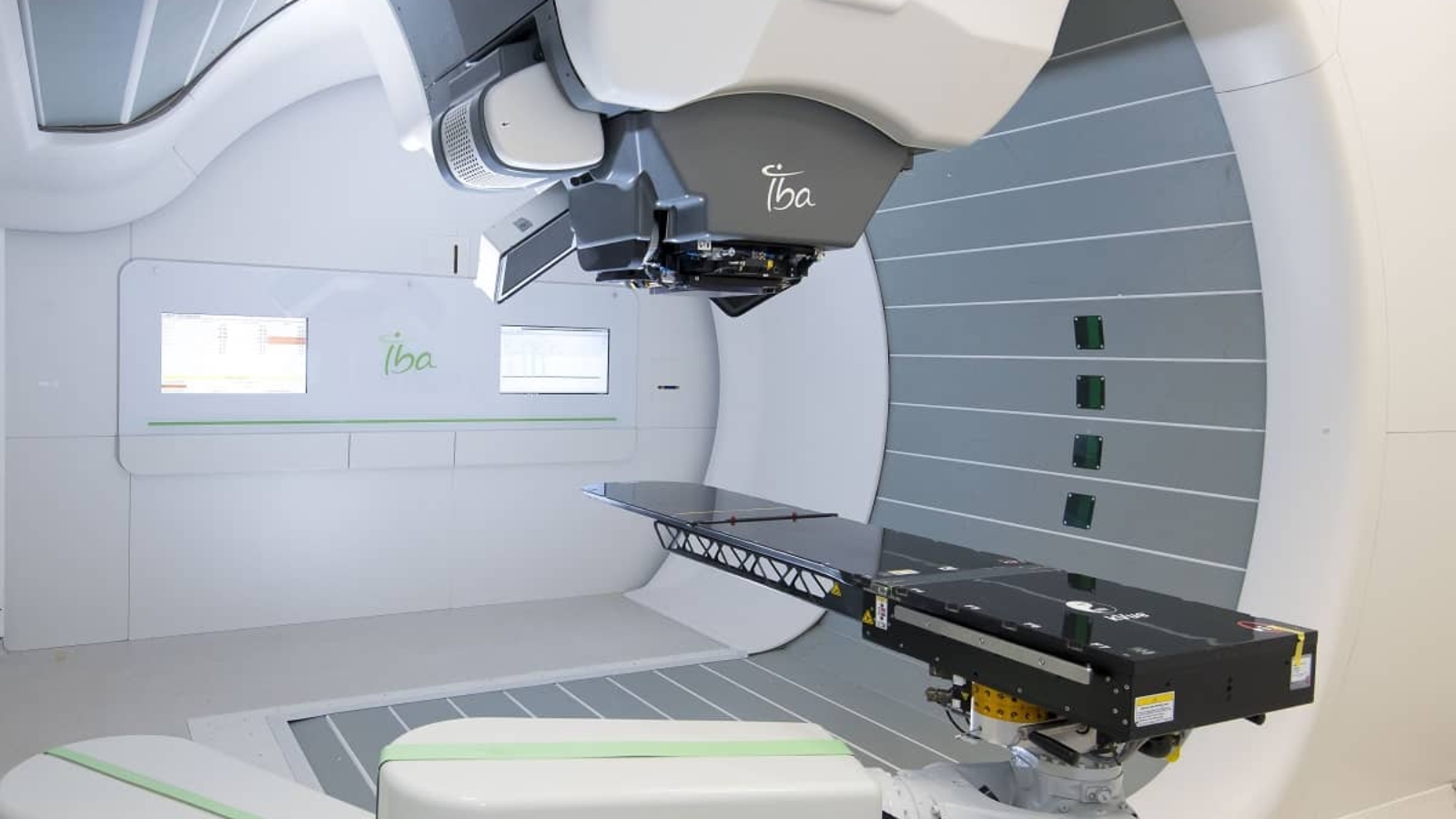Cancer is a complex and multifaceted disease that affects millions of people around the world each year. It’s not just a single disease but a group of diseases characterized by the uncontrolled growth and spread of abnormal cells. In this blog post, we will explore what cancer is, the latest advancements in treatment, and why supportive care is crucial for patients and their families.
What is Cancer?
Cancer can develop almost anywhere in the human body, which is made up of trillions of cells. Normally, human cells grow and multiply (through a process known as cell division) to form new cells as the body needs them. When cells grow old or become damaged, they die, and new cells take their place. Sometimes this orderly process breaks down, and abnormal or damaged cells grow and multiply when they shouldn’t. These cells can form tumors, which are masses of tissue.
Types of Cancer:
Cancer is not just one disease but many diseases. There are more than 100 different types of cancer, named for the organs or tissues where they form. For example:
- Breast Cancer
- Prostate Cancer
- Leukemia (blood cancer)
- Lung Cancer
- Skin Cancer (like melanoma)
Advancements in Cancer Treatment:
Treatment for cancer has evolved significantly over the years and continues to advance through research and innovation.
Here are a few key areas where progress is being made:
Targeted Therapy: This type of treatment targets the changes in cancer cells that help them grow, divide, and spread.
Immunotherapy: Uses medicines to help a person’s immune system better recognize and destroy cancer cells.
Precision Medicine: This approach uses genetic testing to identify the best treatments for the individual’s specific type of cancer.
Minimally Invasive Surgery: Advances in surgical techniques that are less harmful to the patient and lead to quicker recovery times.
The Role of Support Systems:
Navigating a cancer diagnosis can be incredibly challenging, not just physically but also emotionally and mentally. Support systems play a crucial role in a cancer journey.
They include:
Medical Teams: Oncologists, nurses, and specialists who provide medical care and treatment planning.
Psychological Support: Counselors and therapists can help deal with the emotional responses to cancer.
Community Support: Support groups and community resources can offer comfort and advice from those who have faced similar challenges.
Family and Friends: Perhaps the most critical support network, offering emotional and practical help throughout the treatment process.
Conclusion:
Understanding cancer and the new advancements in treatment can empower patients and their families to make informed decisions about care options. Support systems are invaluable in this journey, providing the necessary emotional, psychological, and sometimes financial assistance required to navigate the path of cancer treatment.

Add a Comment